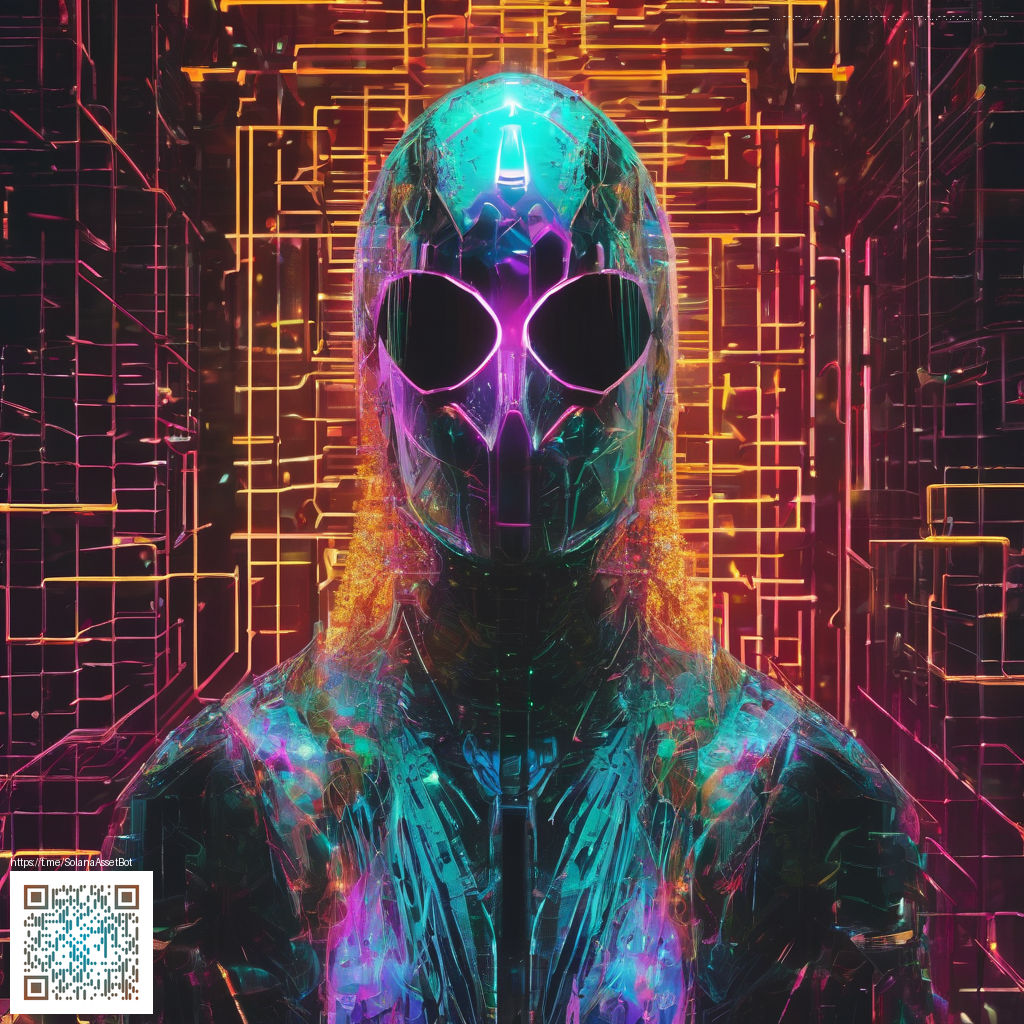
RPCS3 Emulation Deep Dive for a Charming Platformer on a Budget Rig
There is something special about revisiting a classic through emulation and seeing how it adapts to today’s hardware. LittleBigPlanet on RPCS3 proves that even a modest personal computer can deliver a surprisingly satisfying experience, provided you tune settings with care and lean into community knowledge. This guide blends practical test results with community wisdom to help players achieve playable frames while keeping the magic of Sackboy intact 💠
PS3 era games have historically been bumpy on PC hardware, but the RPCS3 project has matured a great deal. For a lot of players with limited hardware, the goal is not perfection but a smooth, readable, and enjoyable playthrough. Expect occasional dips in the tougher sequences, but with careful adjustments you can keep pace in most creative stages and co op moments 🌑
Performance snapshot
When you start out, aim for a balance between image clarity and frame rate. The sweet spot on a low end rig is typically a modest resolution paired with conservative internal scaling. In practice, many levels run at reachable frame rates with stable 30 fps in calmer scenes and occasional dips during heavy physics or crowded crowd sections. The key is to treat it as an accessible retro port with modern options rather than a perfect cinematic remaster.
- Target resolution set to 720p or lower, then use a small upscaling step if the frame rate remains steady
- A multi core CPU is essential; four cores with enough thread count usually yields the most consistent results
- RAM of 8 GB is the minimum while 16 GB is strongly recommended for texture streaming and background processes
- GPU driver stability matters more than raw power; OpenGL tends to be reliable on older GPUs while Vulkan can offer benefits on newer drivers
- Storage type helps texture loading; an SSD can reduce loading hiccups during level transitions
Taming the settings for steady frames
Start with the core emulation settings set for performance and then tweak as needed. A practical approach is to use the recompiler based pathways for both CPU and SPU processing and enable asynchronous shader compilation to minimize stutters. Keep post processing light and avoid aggressive anti aliasing until you confirm a stable baseline. If you encounter stuttering in texture heavy scenes, lowering texture filtering and turning off excessive enhancements can help.
Texture streaming plays a big role in the feel of the game. Community guides emphasize letting the emulator pre fetch assets in the background whenever possible and avoiding long texture load times. If a particular scene struggles, dropping the internal resolution by one step can lift the frame rate without sacrificing the overall look too dramatically. It is a balancing act between clarity and smoothness that players on a budget rig learn to navigate.
Gameplay impressions and what to expect
LittleBigPlanet shines in its level design and cooperative play. On PC via RPCS3 the core physics and character movement remain faithful to the original while the level editor and user made stages continue to inspire creativity. The experience benefits from a stable frame rate because timing in platforming challenges relies on precise inputs and responsive control. Even with lower end hardware, the joy of creative expression remains the heart of the game, and that spirit translates well into emulation where you can revisit beloved levels with a modern PC twist 💠
Community members often share small quality of life tweaks such as shader caches and texture packs that reduce stutter across a range of titles. The collective knowledge around RPCS3 continues to evolve, with patches and configurations that specifically target popular PS3 games. While not every scene will be flawless on every system, the collaborative nature of the scene means you are never far from a shared solution or a tested setup that matches your hardware profile.
Modding culture and community insights
The modding and community scene around PS3 emulation is vibrant. For LittleBigPlanet this environment translates into texture enhancements, accessibility tweaks, and community created levels that push the boundaries of the base game. Even though the game originated as a Sony published title, the PC community thrives by sharing tips on performance tuning and compatibility. Players often trade notes on practical steps such as selecting compatibility profiles that reduce shader compile stutter and refining level streaming settings to minimize load times between creator made stages.
In addition to performance tips, the culture around these projects embraces open sharing of training data and configuration presets. That openness aligns with broader movements toward a decentralized internet where knowledge is pooled and improved through collaboration rather than centralized control. It is a reminder that playability on retro games can be extended through the power of community driven tooling and collective problem solving 💡
Developer commentary and the spirit of the game
Media Molecule and its collaborators crafted a title that rewards creativity and sharing. Even as emulation recasts it for PC hardware, the underlying design philosophy remains relevant: make level design accessible, playful, and deeply social. Emulation communities echo that ethos by emphasizing how players can build, remix, and showcase experiences with friends across platforms. It is a fitting reminder that the best retro replays are those that invite ongoing experimentation and collaboration.
As RPCS3 evolves, so does the potential for more robust support for this and other PS3 era titles. The project timeline highlights ongoing improvements in compatibility, shader handling, and shader cache management, all of which contribute to a smoother ride for players on lower end rigs. The result is a nostalgic yet accessible experience that keeps the core joy of platforming and creation alive for a new generation of PC gamers 💫
Donate to Support a Decentralized Internet